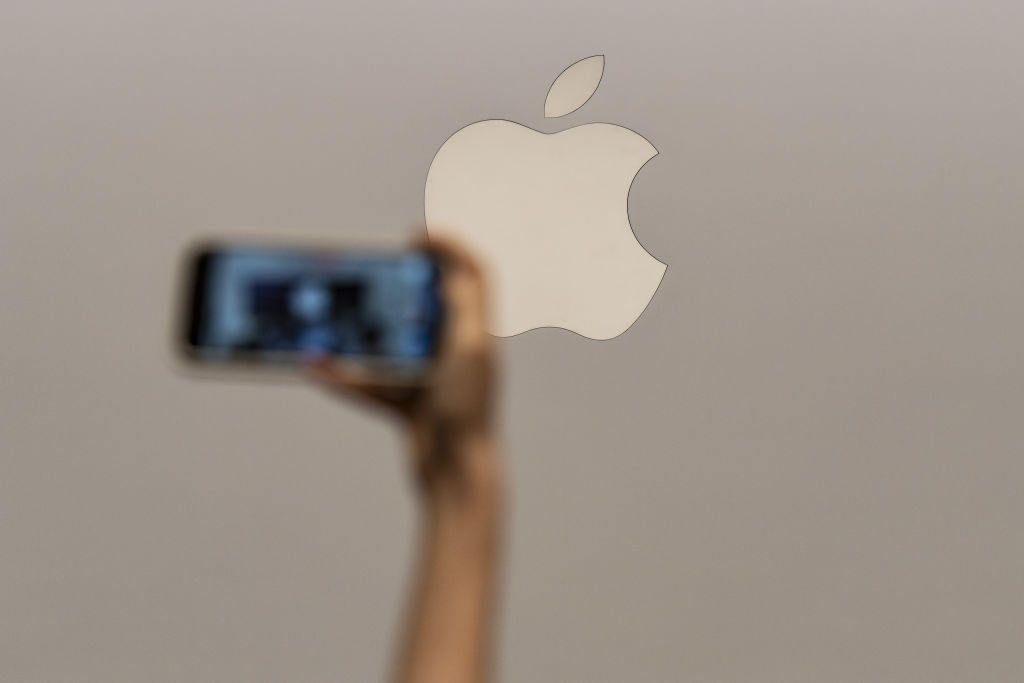U.S. Apple Antitrust Lawsuit: What You Need to Know
The U.S. Department of Justice (DOJ) has filed a lawsuit against Apple, claiming that the tech giant holds a monopoly over the smartphone market. This lawsuit, supported by 16 state and district attorneys general, accuses Apple of engaging in anticompetitive behavior by limiting the interaction of third-party products with its own, including apps and non-Apple smartwatches.
Apple’s dominance, according to Assistant Attorney General Jonathan Kanter, is not the result of improving their own products but rather by making it difficult for rival technologies to succeed. Attorney General Merrick Garland added that Apple’s actions have allowed them to extract higher fees from developers, impose higher prices on consumers, and stifle competition.
Unsurprisingly, Apple has strongly denied these allegations, stating that the lawsuit poses a threat to their ability to innovate and design technology freely. The company argues that its products are known for their seamless integration of hardware, software, and services, and that any interference would hinder their ability to deliver the technology people expect.
The news of the lawsuit has affected Apple’s stock, which fell more than 4% during Thursday’s trading. Now, let’s dive into the details of this antitrust lawsuit.
What are the Allegations?
The antitrust lawsuit accuses Apple of violating Section 2 of the Sherman Act, which prohibits monopolistic practices. The DOJ claims that Apple holds a monopoly over the smartphone market by favoring its own products over those of third parties. They argue that this limits consumer choice and stifles innovation.
The complaint further alleges that Apple has actively suppressed mobile cloud streaming services, blocked apps that facilitate platform-switching, and hindered cross-platform messaging. For example, Apple shut down an app called Beeper Mini that allowed Android users to access iMessage and send blue bubble messages.
Apple contends that the lawsuit sets a “dangerous precedent” and would allow the government to infringe on the rights of companies to design their own technology. The company maintains that the lawsuit is unfounded both in terms of facts and the law, and they intend to vigorously defend against it.
Potential Consequences
The DOJ has not specified the relief sought in this lawsuit or how it could affect consumers. If the court rules in favor of the DOJ, there is a possibility that Apple could be forced to break up. However, the final outcome and its implications would be determined after a trial. The DOJ official stated that the aim of any potential remedy would be to restore competition that has been lacking in the market.
Apple’s Ongoing Legal Troubles
This is not the first time Apple has faced legal action from the DOJ. In 2010, the company reached a settlement regarding allegations of colluding with other tech companies to suppress workers’ salaries. In 2016, Apple paid $450 million to settle claims that it conspired with publishers to increase e-book prices.
Apple’s legal battles extend beyond the U.S. In 2020, Epic Games sued Apple, arguing that its app store practices were monopolistic. A judge ruled in favor of Epic Games, ordering Apple to allow developers to offer alternative payment options. However, the ruling did not find Apple guilty of an illegal monopoly. The European Union is also conducting an investigation into Apple’s decision to shut down Epic Games’ developer accounts.
Apple’s Previous Defense
Apple has consistently defended its practices against antitrust complaints. In response to an antitrust complaint from Spotify in 2019, Apple claimed that its aim is to create more opportunities for artists, creators, and entrepreneurs, and grow the overall market.
When a House Judiciary antitrust subcommittee accused Apple of having “monopoly power” over software distribution on iPhones in 2020, the company vehemently disagreed with the conclusions. Apple emphasized that it does not possess a dominant market share in any category where it conducts business.
For more news on finance, technology, and economics, visit Business Today.
Note: This article is for informational purposes only and does not constitute financial or legal advice. Please consult with a professional for any specific concerns.

